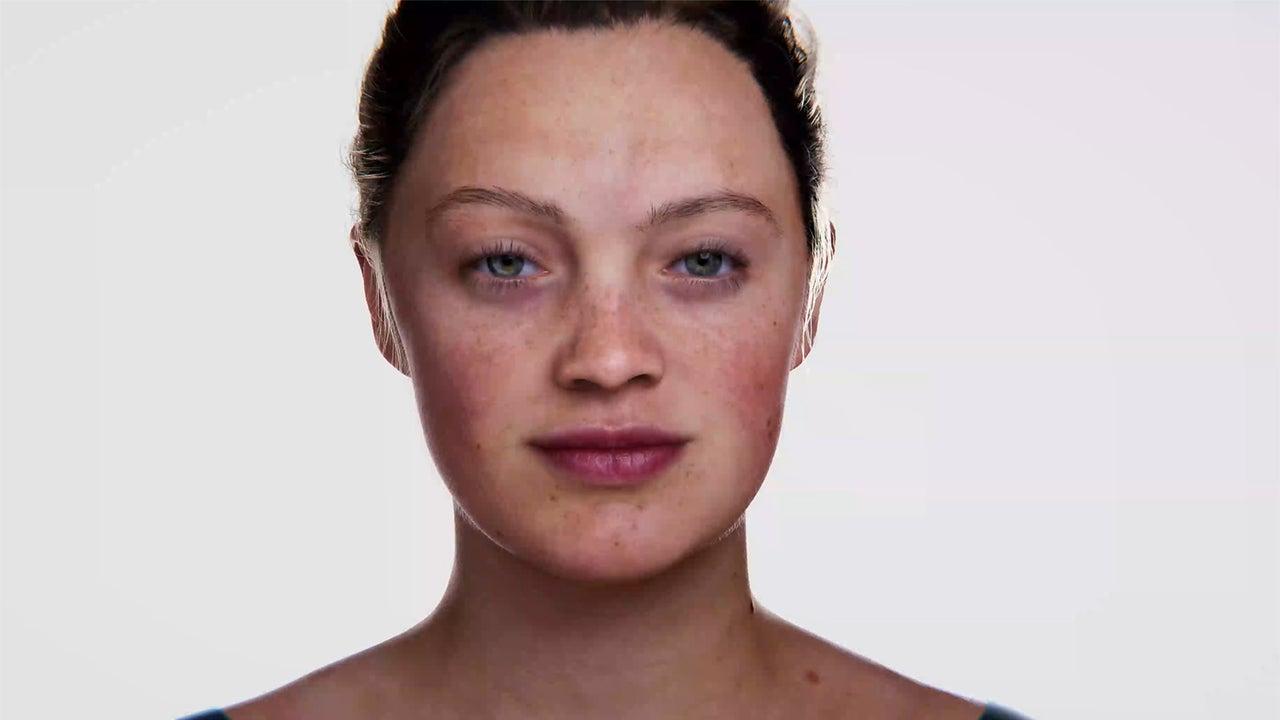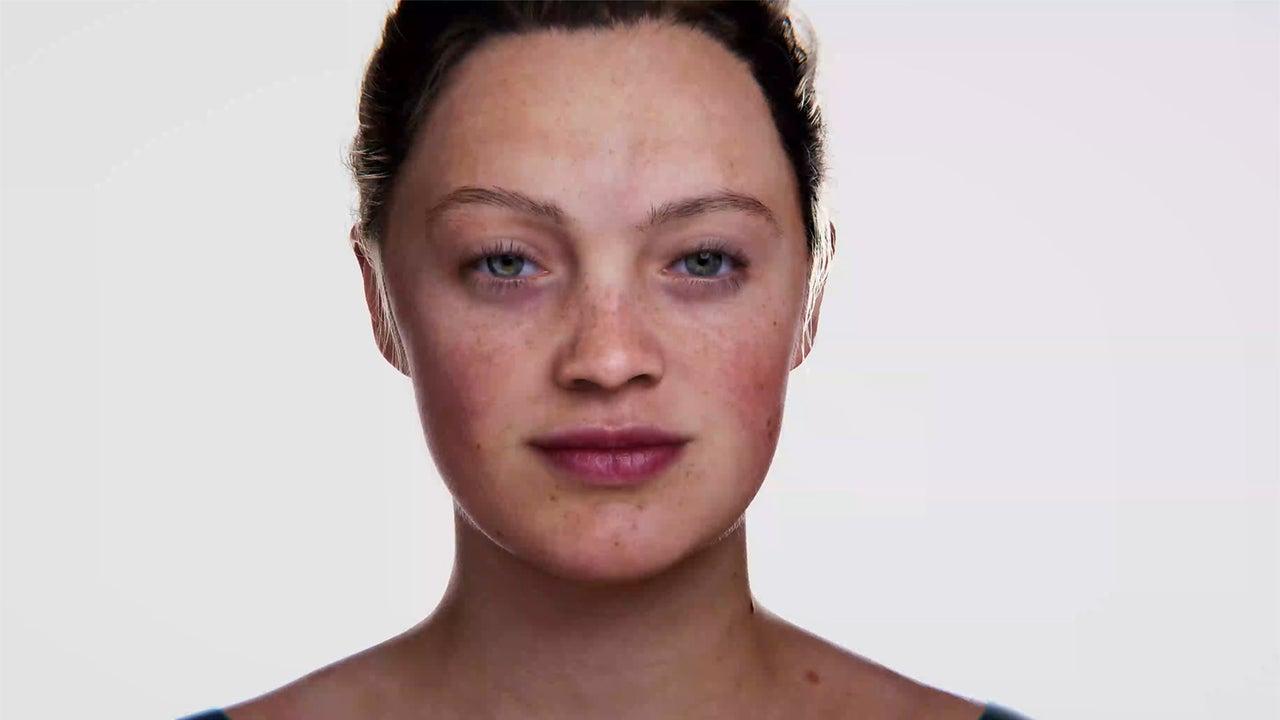Ziva Dynamics might have just revolutionized gaming with their Ziva RT tool, which creates "virtual humans" that are lifelike and can run on real-time game engines.

So, first of all, this Ziva RT tool was built by Ziva Dynamics, which were acquired by Unity just today, meaning that, for the sake of less complexity, I refer to all of this being developed by Unity. Got it? Cool.
Alright, get this: Unity created Emma, and Emma is a life-like virtual human. Now, we've had our fair share of life-like AI, but this is the first one that can be rendered and used within game engines. In fact, the tool should make this possible for all skill levels, meaning even scrub-devs can have realistic digital character creation.
How is this possible? Because the character runs in real-time, meaning not every frame needs powerful power to be processed. How that works, I don't understand either, but it simply means that you don't need a $1 billion computer to run this.
We're taking real-time character creation to the next level Unity + @ZivaDynamics are making realistic, lifelike character creation accessible and scalable for all artists. Read more on the blog https://t.co/9z4SsZTmNI pic.twitter.com/jzr88rnbCW
— Unity (@unity) January 24, 2022
Now, of course, we've had a couple of games looking like this. Red Dead Redemption and The Last of Us come to mind, but those are games made by huge teams, with man-power and money to spare. Small teams usually can't deliver graphics on such a scale, since minor animations can take months to complete, or require motion capture and the whole movie-circus-deal.
With this tool, creators simply use a 3D model, upload it, and within the hour, they get back a face that looks motion-captured and life-like, just like the one above. From here, animations simply have to be adjusted without much tech-knowledge or man-power necessary.
Some games, like the upcoming Senua's Saga: Hellblade II already rely on this tool, and it could be argued that Hellblade 2 is one of the best-looking games ever. If the ease of use is as advertised, this might simply revolutionize gaming, because I'll repeat again: Technically, this means that even scrub-devs can have graphics like in that tweet above. You understand what I'm saying here, right? In fact, forget gaming, think about the applications this could have outside of gaming, like in indie film-making. Tools like this that make the complex accessible allow creators to truly focus on creating, rather than worry about financing. A simple comparison is photo-editing: What needed intense photoshop skills just a couple of years ago, can now be handled by free-to-download apps on any smartphone.
Applications like this are giving the power back to the creators, so I applaud Unity for what they're doing here, and can't wait to see how this impacts the gaming world.






























